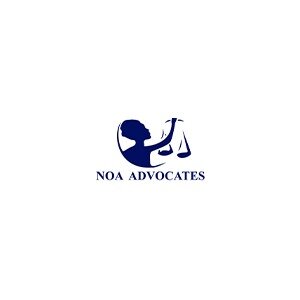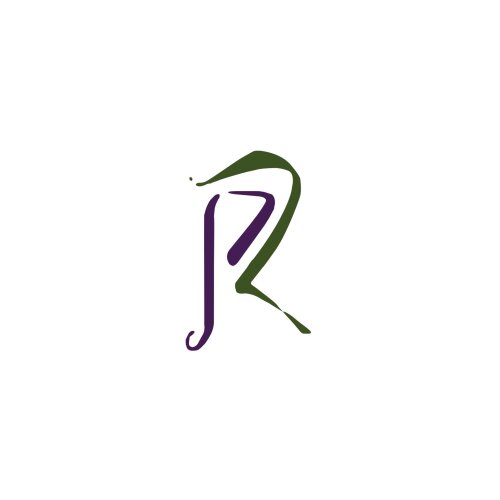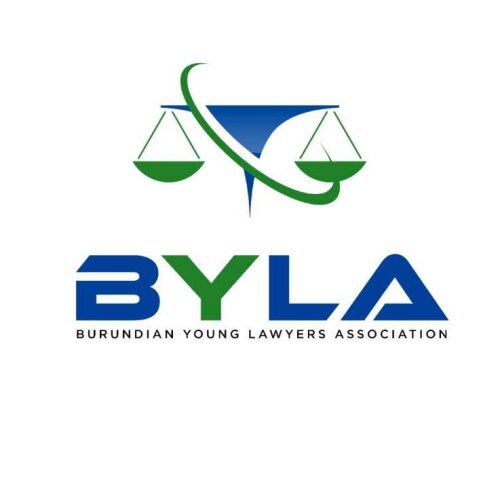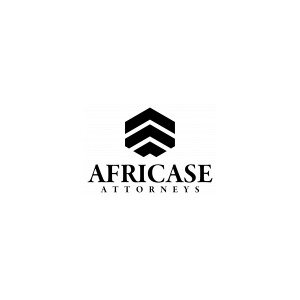Best Antitrust Litigation Lawyers in Burundi
Share your needs with us, get contacted by law firms.
Free. Takes 2 min.
Or refine your search by selecting a city:
List of the best lawyers in Burundi
About Antitrust Litigation Law in Burundi
Antitrust litigation in Burundi deals with legal actions involving the enforcement of competition laws intended to prevent anti-competitive practices. These laws are designed to protect consumers, ensure fair competition among businesses, and foster a healthy economic environment. In Burundi, antitrust litigation may address activities like price-fixing, market division, abuse of dominant position, and other conduct that disrupts free trade and competition.
Why You May Need a Lawyer
Antitrust matters can be complex, involving detailed economic and legal analysis. You may require legal help if you are involved in or aware of:
- Allegations of price-fixing, bid-rigging, or cartel formation
- An investigation by regulatory authorities for anti-competitive conduct
- Facing penalties for suspected violations of competition laws
- Merger or acquisition activities that may raise competition concerns
- Unfair market dominance or exclusionary activities by competitors
- Contract terms that may restrict competition or consumer choice
- Seeking guidance on compliance with Burundian and East African Community (EAC) competition regulations
A qualified antitrust lawyer can help you understand the legal framework, represent you during investigations, advocate on your behalf in court, or guide your business to comply with the law.
Local Laws Overview
In Burundi, antitrust and competition issues are governed primarily by national legislation and by the regulations of the East African Community, of which Burundi is a member. The principal local law is the Law No 1/06 of 2010 on Competition and the subsequent regulatory instruments.
Key aspects of local antitrust law include:
- Prohibition of agreements or arrangements that restrict competition, such as collusion between competitors
- Controls and oversight regarding mergers and acquisitions that may lead to market dominance
- Sanctions for the abuse of a dominant market position, including anti-competitive pricing and exclusionary practices
- Supervision and enforcement by the Competition Authority, a body responsible for investigating and enforcing competition laws in the country
- Provision for affected parties to pursue litigation or seek remedies against unfair competitive practices
Individuals and businesses are expected to comply not only with national laws but also with the competition laws of the East African Community, which may apply to cross-border or regional market activities.
Frequently Asked Questions
What is considered an anti-competitive practice in Burundi?
Anti-competitive practices include price-fixing, market sharing, collusive bidding, abuse of market dominance, and other actions that restrict competition or unfairly harm other businesses or consumers.
Who enforces antitrust laws in Burundi?
The primary enforcement body is the Competition Authority established by national law. The East African Community Competition Authority may also have jurisdiction over cross-border issues.
What penalties can result from violating antitrust laws in Burundi?
Penalties may include fines, invalidation of agreements, orders to cease illegal activities, and in some cases, criminal sanctions. Entities found in violation may also face damages claims from affected parties.
Can I report suspected anti-competitive behavior?
Yes, individuals and businesses can report suspected violations to the national Competition Authority, which is empowered to investigate and take appropriate action.
Are mergers and acquisitions subject to antitrust review?
Yes, significant mergers or acquisitions must often be reviewed and approved by the Competition Authority to ensure they do not substantially lessen competition in the relevant market.
What is meant by abuse of dominant position?
Abuse of dominant position refers to conduct by businesses that hold significant market power and use that position to restrict competition, such as setting predatory prices or imposing unfair trading conditions.
Is legal representation necessary in antitrust cases?
Due to the complexity of antitrust law and the severity of potential penalties, it is highly advisable to seek legal counsel if you are involved in or accused of anti-competitive practices.
What defenses are available in antitrust litigation?
Common defenses include demonstrating that the conduct in question does not restrict competition, is justified by efficiency gains, or is otherwise compliant with the law. Each case is unique and requires specialist legal analysis.
How long do antitrust investigations typically take?
The duration depends on the complexity of the case. Investigations can take several months to years, particularly if the matter proceeds to formal litigation in the courts.
Can affected parties claim damages for anti-competitive conduct?
Yes, businesses or individuals harmed by anti-competitive practices can seek damages through the courts. Legal advice is essential for these claims.
Additional Resources
For more information or assistance related to antitrust litigation in Burundi, consider contacting:
- The Competition Authority of Burundi (l'Autorité de la Concurrence)
- The Ministry of Commerce and Industry, Burundi
- Legal aid organizations or professional legal associations in Burundi
- The East African Community Competition Authority for cross-border matters
- Business and industry chambers that may offer guidance or referrals
These bodies can provide guidance, receive complaints, and help clarify your rights and obligations under Burundian competition law.
Next Steps
If you believe you require legal assistance in an antitrust matter:
- Document all relevant details about your situation or the suspected anti-competitive conduct.
- Consult a lawyer with expertise in antitrust and competition law in Burundi. If needed, request a referral from the local bar association.
- Contact the Competition Authority or appropriate government body to report issues or seek preliminary advice.
- If you have received a formal inquiry or investigation notice, respond promptly and seek legal representation immediately.
- Stay informed on relevant legal developments, especially if your business operates regionally within the East African Community.
Early and informed legal intervention can help safeguard your rights, guide you through investigations, and ensure compliance with Burundi’s competition laws.
Lawzana helps you find the best lawyers and law firms in Burundi through a curated and pre-screened list of qualified legal professionals. Our platform offers rankings and detailed profiles of attorneys and law firms, allowing you to compare based on practice areas, including Antitrust Litigation, experience, and client feedback.
Each profile includes a description of the firm's areas of practice, client reviews, team members and partners, year of establishment, spoken languages, office locations, contact information, social media presence, and any published articles or resources. Most firms on our platform speak English and are experienced in both local and international legal matters.
Get a quote from top-rated law firms in Burundi — quickly, securely, and without unnecessary hassle.
Disclaimer:
The information provided on this page is for general informational purposes only and does not constitute legal advice. While we strive to ensure the accuracy and relevance of the content, legal information may change over time, and interpretations of the law can vary. You should always consult with a qualified legal professional for advice specific to your situation.
We disclaim all liability for actions taken or not taken based on the content of this page. If you believe any information is incorrect or outdated, please contact us, and we will review and update it where appropriate.
Browse antitrust litigation law firms by city in Burundi
Refine your search by selecting a city.












